The high school graduation exam, held for the first time under the new generaleducation program in 2018, is receiving mixed opinions about the difficulty of the exam and the uniformity in university admissions.
Many questions have been raised about whether this exam accurately reflects students' true abilities and helps them prepare well for future challenges.
Foreign education experts have expressed their views from personal perspectives, through practical observations in Vietnam and many other countries around the world .
The transformation of high school graduation exams
Evaluating this year's exam, Dr. Scott McDonald, Faculty of Business, RMIT University Vietnam, commented that the exam has changed significantly, from a rigid, uniform model to a more flexible one.
Allowing students to choose subjects that match their strengths is seen as a positive step forward, opening up a personalized approach to an exam that was previously completely standardized.
“The introduction of elective subjects is a significant improvement, allowing students to develop their strengths and choose the areas in which they are most confident,” he said.

From left: Mr. Melvin Fernando, Dr. Scott McDonald, Dr. Jung Woo Han (Photo: RMIT).
Sharing the same view, Mr. Melvin Fernando, Senior Manager of Career Guidance and Industry Relations at RMIT Vietnam, commented that this reform has shifted the focus from rote learning to applied knowledge and critical thinking.
Students are expected to demonstrate practical problem-solving skills, with exam formats varying significantly in subjects such as math and language arts.
“Although these changes make the exam more complicated, they also help assess students' abilities more realistically,” said Mr. Melvin Fernando.
Continued improvement for more comprehensive assessment
Dr. McDonald believes that the traditional testing model is heavy on “all or nothing” and rote learning, so it fails to assess in-depth learning or practical application.
He asked: “Most candidates memorize knowledge just to take the test, then forget it a few weeks later. So what do those tests ultimately measure?”
The doctor recommends a more balanced approach, which is to reduce multiple-choice questions and replace them with assessments based on real-life situations, analytical exercises and contextual problem solving.
According to him, high school needs to focus more on training basic skills for university and work, especially critical thinking and problem-solving skills.
“These skills are often overlooked in traditional exams, but are critical to success in college and in the workplace. If we shift the focus from rote learning to application, exams will actually better prepare students for the challenges ahead,” he said.
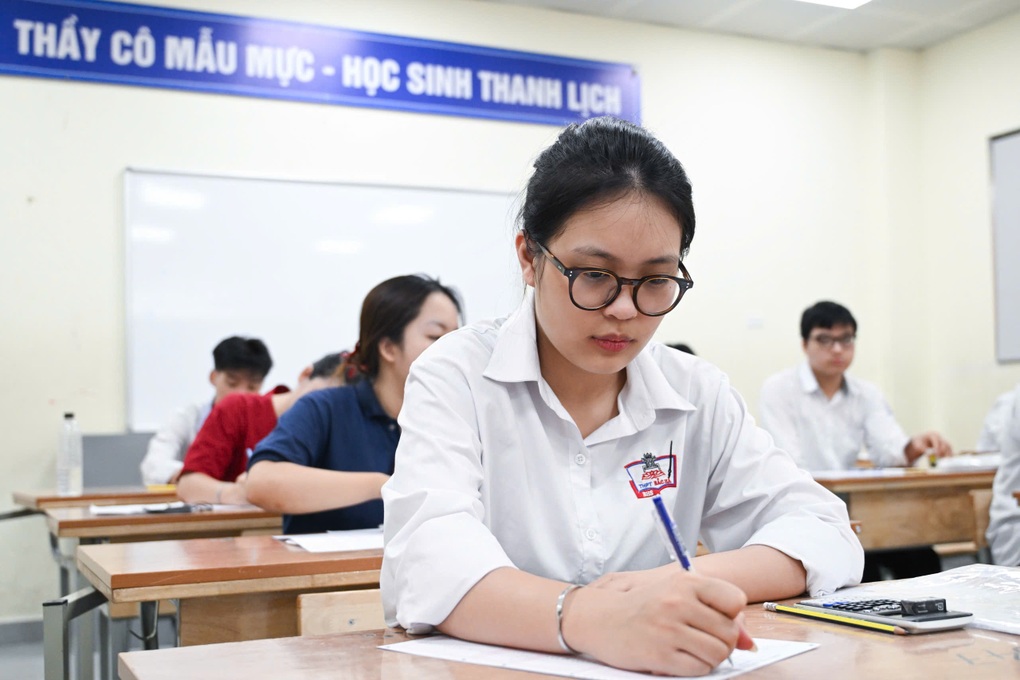
Candidates taking the 2025 high school graduation exam (Photo: Manh Quan).
While appreciating recent reforms, Mr. Fernando said there was still room for improvement.
He proposed expanding assessment formats, reducing pressure with regular tests during the school year, integrating career-focused subjects such as life skills, digital literacy or entrepreneurship, and investing more in students' mental health.
According to Mr. Fernando, these changes not only reflect the diversity of students' abilities but also help reduce the heavy pressure from a single decisive exam.
From a Korean perspective, Dr. Jung Woo Han cites the country's changing admissions model, where more and more universities are looking at students' achievements holistically.
In addition to traditional academic results, schools consider volunteer work, projects, leadership roles, and personal essays. In addition, Korea has a separate admission quota for students with outstanding achievements in science , sports, or the arts.
This diversification helps increase fairness in admissions, reduces pressure from a single exam, and encourages students to develop comprehensively and engage with the community.
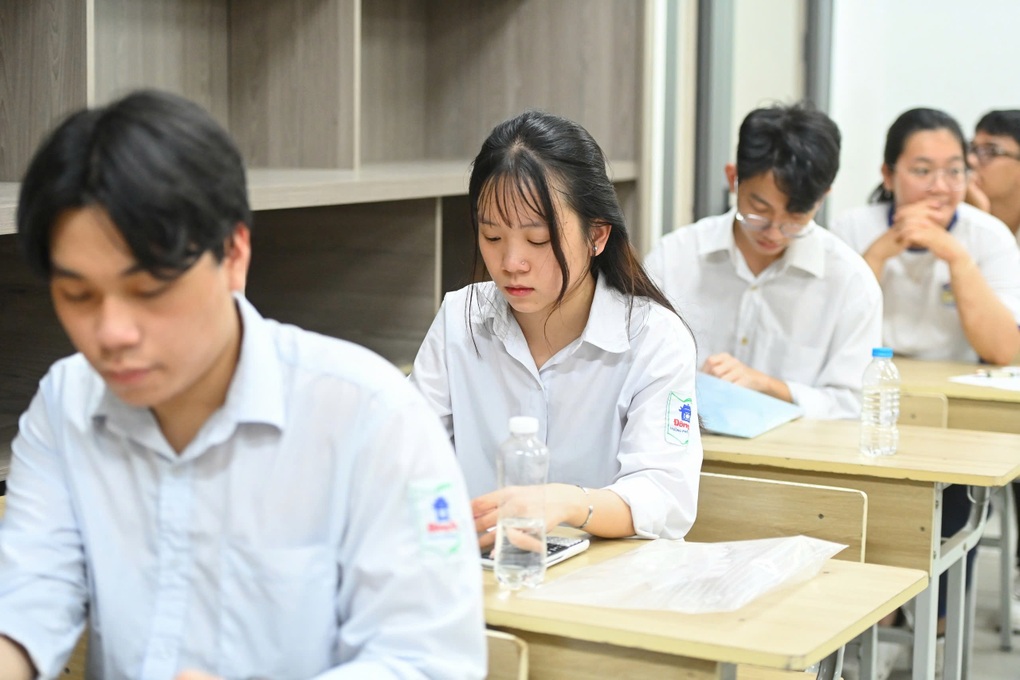
Foreign experts say the high school graduation exam is still the focus of Vietnam's education system, but needs to change when looking towards the future (Illustration photo: Hai Long).
Dr. Han recommends that Vietnam should gradually apply a comprehensive assessment model, especially in university admissions. According to him, there should be a policy to recognize non-academic achievements and support high schools to build student profiles throughout the school year.
Expanding access to psychological counselling services, especially in rural or underserved areas, is also essential to ensure that students are viewed as whole people, not just as candidates.
The high school graduation exam remains central to Vietnam’s education system, but it needs to transform as it looks to the future. An assessment system that recognizes achievement and unlocks potential will reflect students’ abilities and, more importantly, prepare them to adapt and thrive in a constantly changing world.
Source: https://dantri.com.vn/giao-duc/chuyen-gia-nuoc-ngoai-noi-gi-ve-ky-thi-tot-nghiep-thpt-2025-20250701165628916.htm






![[Photo] National Assembly Chairman visits Vi Thuy Commune Public Administration Service Center](https://vphoto.vietnam.vn/thumb/1200x675/vietnam/resource/IMAGE/2025/7/1/d170a5e8cb374ebcae8bf6f7047372b9)

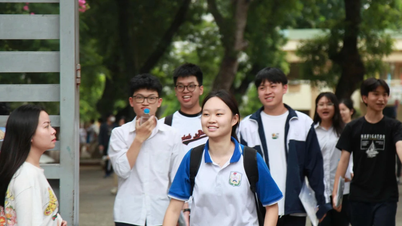





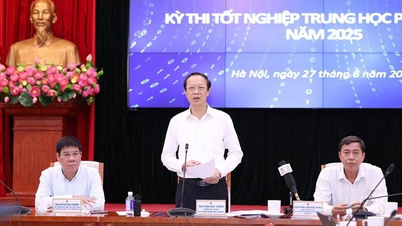





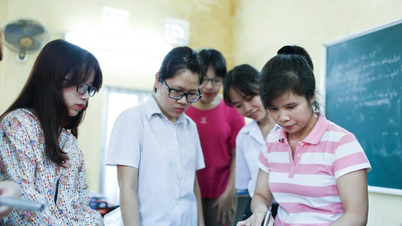















![[Photo] Standing member of the Secretariat Tran Cam Tu chaired a meeting with Party committees, offices, Party committees, agencies and Central organizations.](https://vphoto.vietnam.vn/thumb/1200x675/vietnam/resource/IMAGE/2025/7/1/b8922706fa384bbdadd4513b68879951)





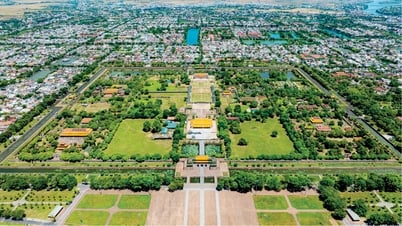




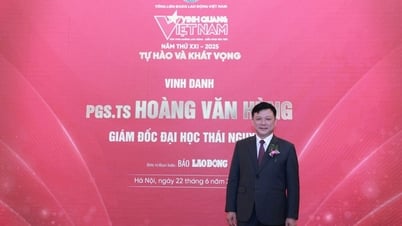





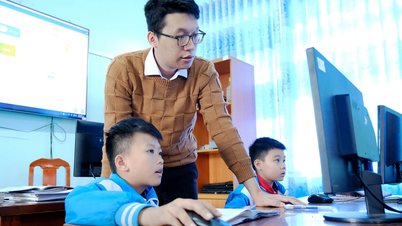




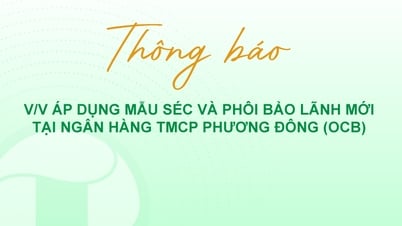







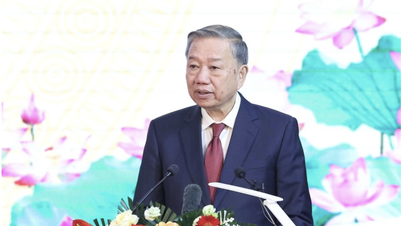



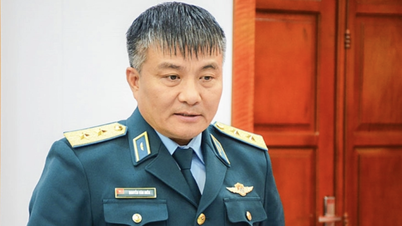





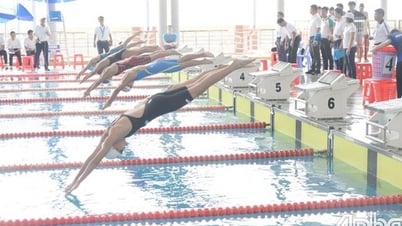




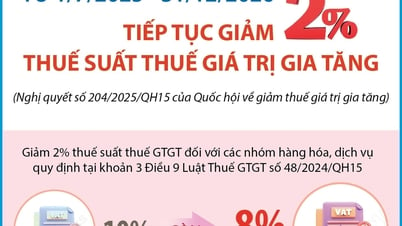
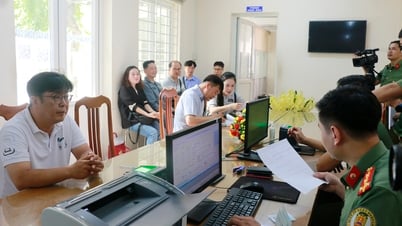

















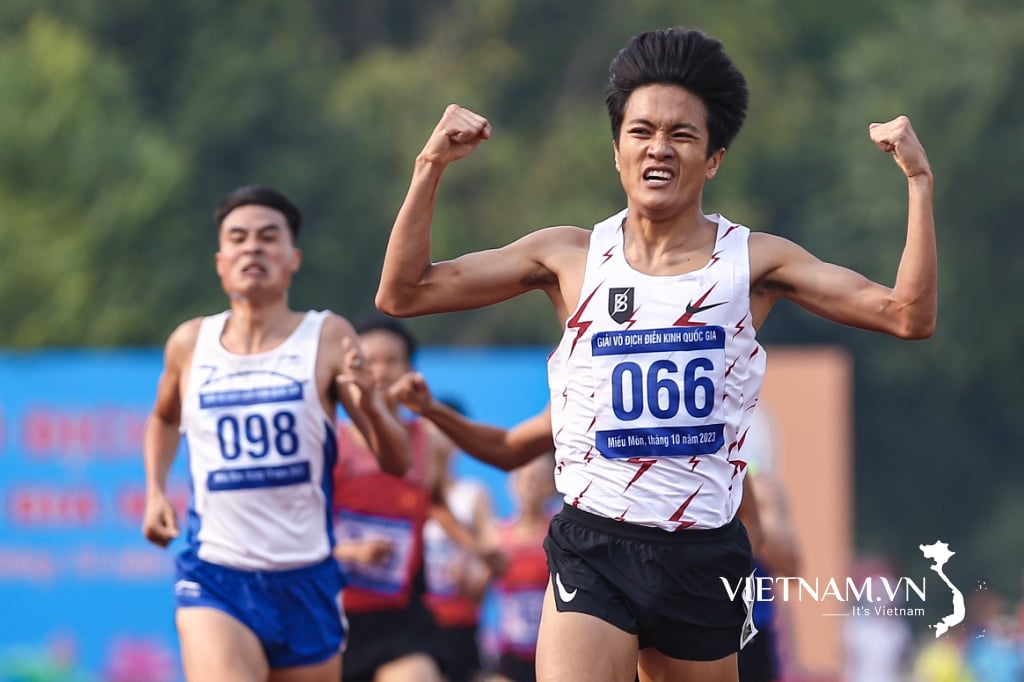

Comment (0)